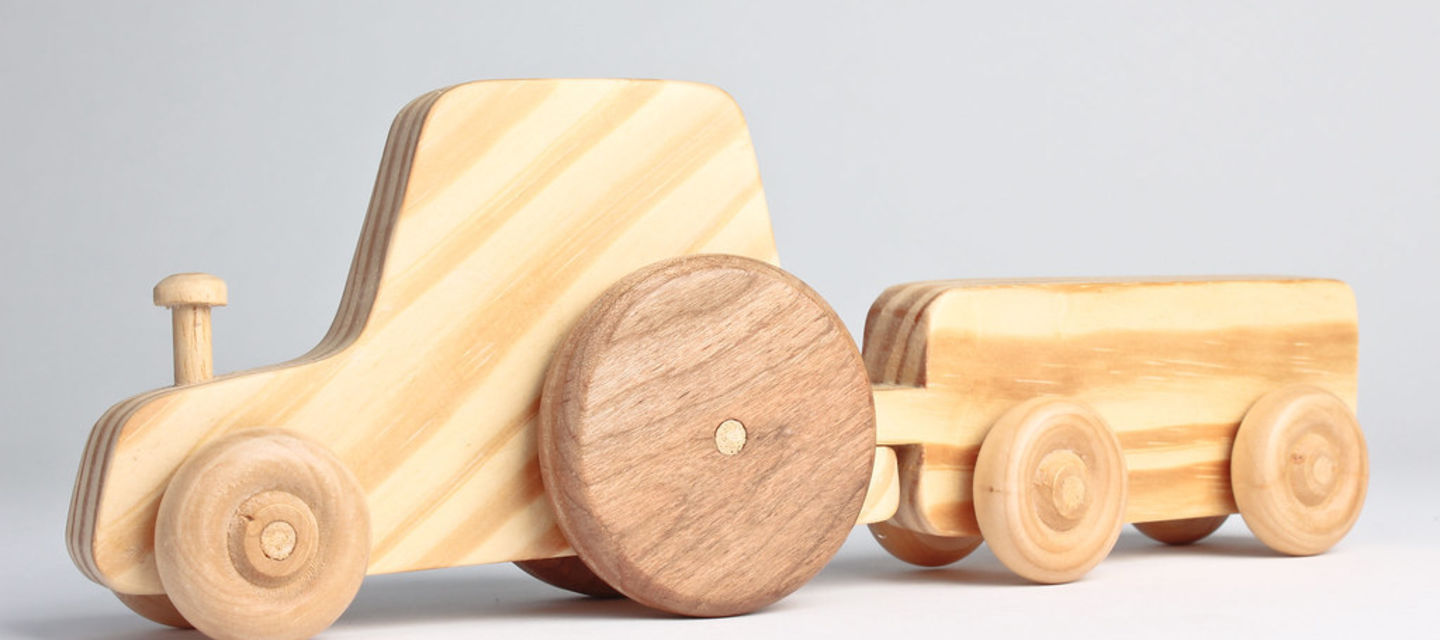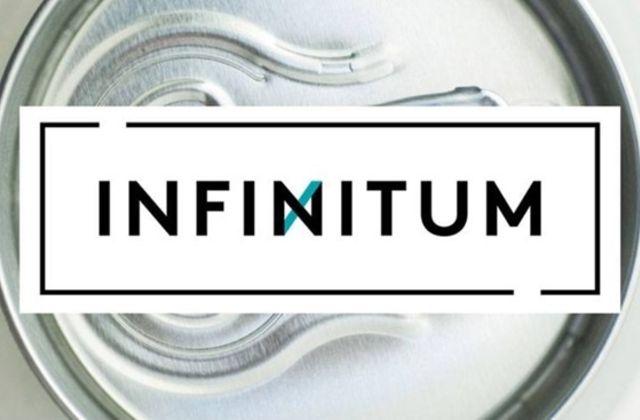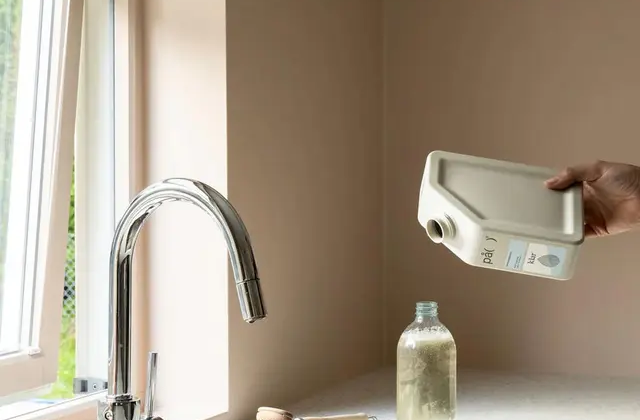What is it? Dlulukaloo is a wooden toy rental company based in Ireland. Customers can rent a bundle of toys of different size every month. At the end of the rental period, they can choose to return the toys or purchase them (Dlulukalu, 2021).
Why is this important? UNEP (2014) has found the toy industry to be the most plastic intensive industry in the world, with 90% of toys containing some form of plastic (Green Journal, 2020). Toys also have a short lifetime: 80% end up in landfill or the sea after being used for an average of six months (Egan, 2020). A survey done by the British Heart Foundation has found that 1 in 3 parents admits to having thrown away toys in perfectly working conditions (Green Journal, 2020). The toys that do end up in recycling centres are difficult to be recycled as they typically contain various materials, such as metals, that cannot be easily separated (Egan, 2020). Additionally, plastic toys may contain toxins and hormone-disrupting materials that could be harmful to children’s health (UNEP, 2014).
Main resource strategy:
Slowing the loop by keeping the wooden toys in use for longer. The durability of wood also contributes to the lifetime extension of toys.
Other resource strategies:
Closing the loop as wood is a biodegradable material that can be recycled or disposed of safely into the natural environment.
Business model aspects:
- Value Proposition: Children can play with quality and durable toys at a relatively low cost. The rental fee is waived if they wish to purchase the toys at the end of the rental period (Dlulukaloo, 2021).
- Value Creation & Delivery: Customers can select a bundle of wooden toys and pay a security deposit plus a monthly rental fee to try the toys for a month. At the end of the month, customers can send the toys back, exchange them for something different, or purchase them. The rental charge is waived if customers keep the toys (Dlulukaloo, 2021). Dlulukaloo also covers the delivery charge.
- Value Capture: On average, the security deposit plus a monthly rental fee is €20. More expensive items in the bundle will lead to a higher rental fee (Dlulukaloo, 2021).
Strategies for degrowth/ sufficiency (based on sufficiency strategies from Niessen & Bocken, 2021):
- No ownership: Dlulukaloo’s rental model optimises the use of existing resources and assets (Tukker, 2015). It can be considered to be a good sufficiency initiative - enabling consumers and society to make do with less (Bocken & Short, 2016).
Business model experimentation practices:
Dlulukaloo is the brainchild of mum-of-two Vicky Noble, who wants to create lasting wooden toys that are safe for children and the environment (GreystonesGuide, 2021). She found her children grew bored of their toys quickly. To solve this, she wanted to swap toys with other families in the neighbourhood. This idea evolved into Dlulukaloo’s toy rental business model. After positive feedback from her local community, she officially launched Dlulukaloo in October 2020, which is now available across Ireland (Brennan, 2020).
Sources:
Bocken, N. M., & Short, S. W. (2016). Towards a sufficiency-driven business model: Experiences and opportunities. Environmental Innovation and Societal Transitions, 18, 41-61.
Brennan, S. 2020. Resourceful mom delighted by toy rental business demand. Accessed 09 March 2021 at: https://www.rte.ie/news/ireland/2020/1126/1180747-wooden-toy-rental-demand/
Dlulukaloo. 2021. Dlulukaloo. Accessed 01 April 2021 at: https://www.dlulukaloo.ie/
Egan, B. 2020. Toy and radio rentals ensure fun is restored. Accessed 09 March 2021 at: https://www.thetimes.co.uk/article/toy-and-radio-rentals-ensure-fun-is-restored-fqc26lvzx
Green Journal. 2020. Plastic toys: The effect on humans and the environment. Accessed 01 April 2021 at: https://www.greenjournal.co.uk/2020/06/plastic-toys-the-effect-on-humans-and-the-environment/
GreystonesGuide. 2021. Wooden Toys Are Back In Town. Accessed 01 April 2021 at: https://www.greystonesguide.ie/wooden-toys-are-back-in-town/
Tukker, A. (2015). Product services for a resource-efficient and circular economy–a review. Journal of Cleaner Production, 97, 76-91.
UNEP. 2014. VALUING PLASTIC: THE BUSINESS CASE FOR MEASURING, MANAGING AND DISCLOSING PLASTIC USE IN THE CONSUMER GOODS INDUSTRY. Accessed 01 April 2021 at: http://hdl.handle.net/20.500.11822/9238
***
About project Circular X
Project Circular X is about ‘Experimentation with Circular Service Business Models’. It is an ambitious research project funded by the European Research Council (ERC) which supports top researchers from anywhere in the world. Project CIRCULAR X runs from 2020-2025. The project is led by Principal Investigator (PI) Prof Dr Nancy Bocken, who is joined by a multidisciplinary team of researchers at Maastricht Sustainability Institute (MSI), Maastricht School of Business and Economics, Maastricht University. The project cooperates with businesses who want to innovate towards the circular economy.
Project Circular X addresses a new and urgent issue: experimentation with circular service business models (CSBMs). Examples of such new business models include companies shifting from selling products to selling services and introducing lifelong warrantees to extend product lifetimes. However, CSBMs are far from mainstream and research focused on experimentation is little understood. The research aims to conduct interdisciplinary research with 4 objectives:
- Advancing understanding of CSBMs; their emergence and impacts
- Advancing knowledge on CSBM experimentation
- Developing CSBM experimentation tools
- Designing and deploying CSBM experimentation labs
Funding source
This project has received funding from the European Research Council (ERC) under the European Union’s Horizon 2020 research and innovation programme, grant agreement No. 850159.
Using of this information
When you refer to this case, please use the following source:
Circular X. (2021) Case study: Dlulukaloo. Accessed from www.circularx.eu



